
Basal Cell Carcinoma (BCC) Treatment
Basal cell carcinoma is the most common — and one of the most treatable — skin cancers. With early diagnosis and precise care, outcomes are generally excellent. At Aesthetic Dermatology, board-certified dermatologists use, gentle technique, and evidence-based treatments to remove BCC and protect your skin’s health and appearance. We explain every step so you feel calm, informed, and confident.
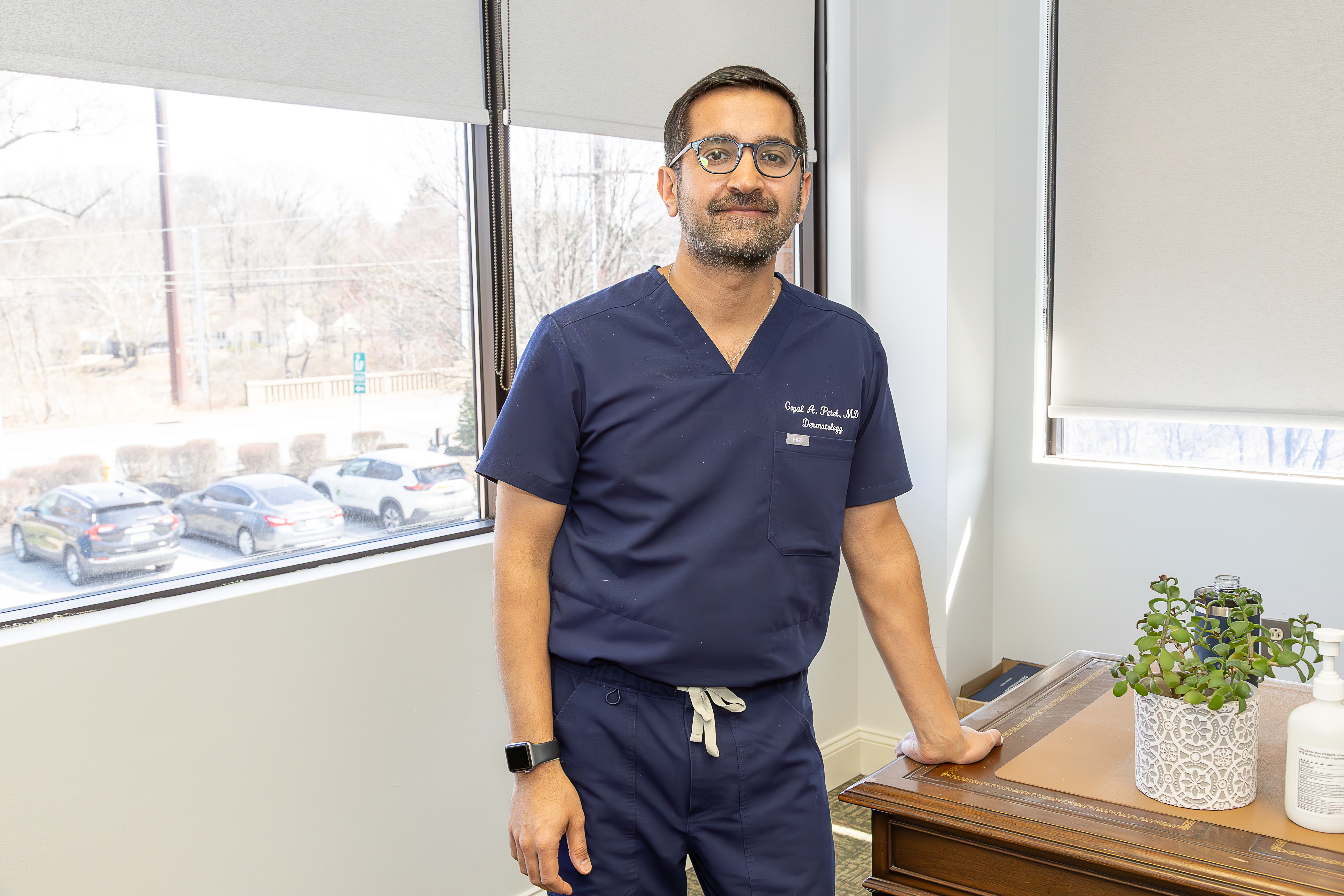
What is Basal Cell Carcinoma?
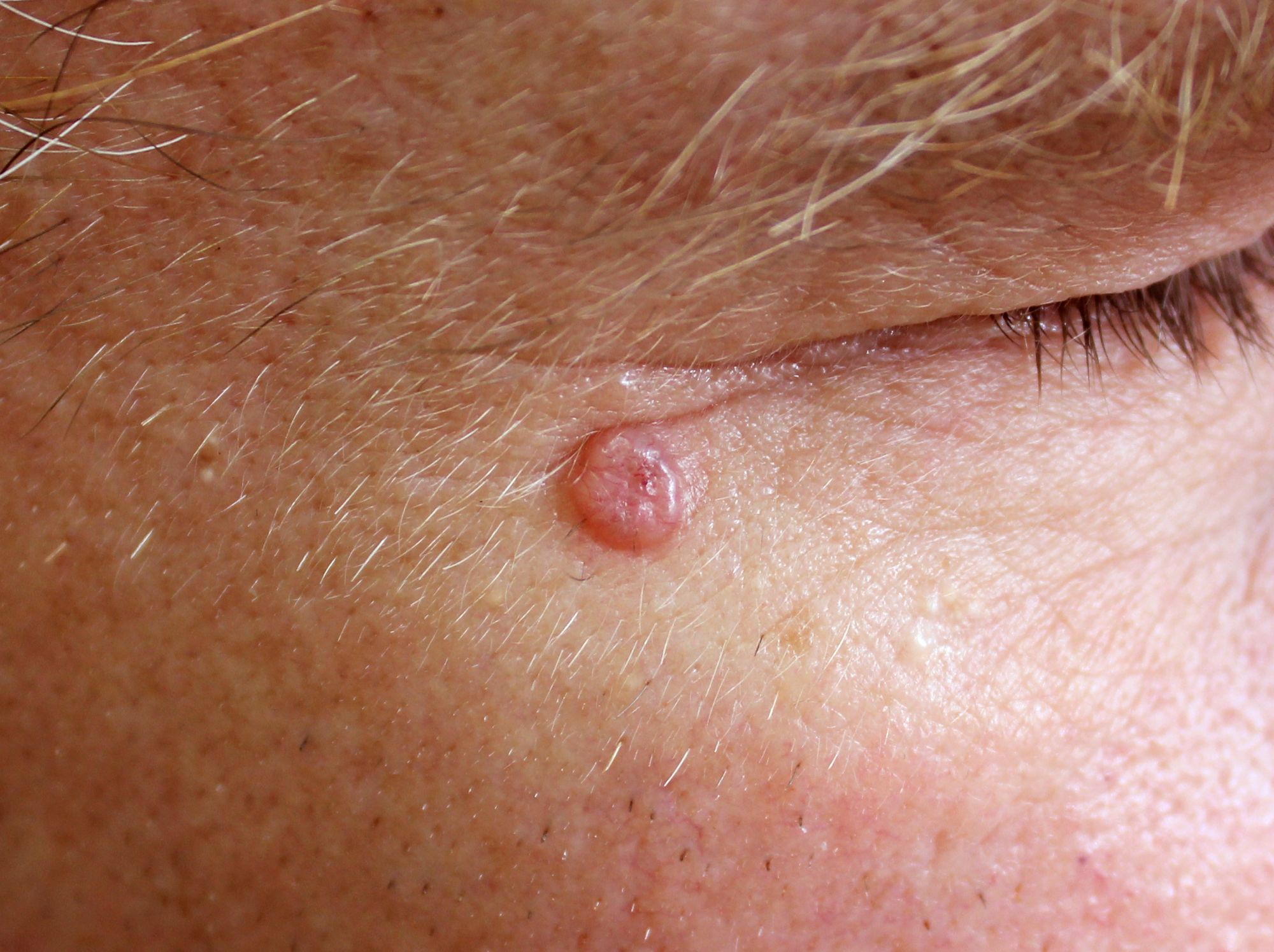
BCC develops from the skin’s basal cells, typically on sun-exposed areas like the face, ears, scalp, neck, and arms. It often appears as a pearly or translucent bump with tiny surface blood vessels (telangiectasias), a pink scaly patch, or a non-healing sore that may crust or bleed. Some types look scar-like (morpheaform/infiltrative) and can be subtle. We use dermoscopy—a magnified, polarized light exam—to see structures beneath the surface and determine if a biopsy is needed. While BCC rarely spreads to distant sites, it can grow locally if untreated, so careful evaluation and timely treatment are important.
Benefits of BCC Treatment
Early, Accurate Diagnosis
High Cure Rates
Modern surgical and nonsurgical options remove cancer effectively, often in-office.
Cosmetic Focus
Techniques and closures are chosen to preserve function and appearance.
Prevention & Monitoring
Education, sun protection, and regular checks reduce future risk. At times, adjunct oral medications may be advised to help reduce the risk of future skin cancers.
How is BCC Treatment Performed?
Assessment & Dermoscopy
Biopsy & Planning
Definitive Treatment
Prevention & Surveillance
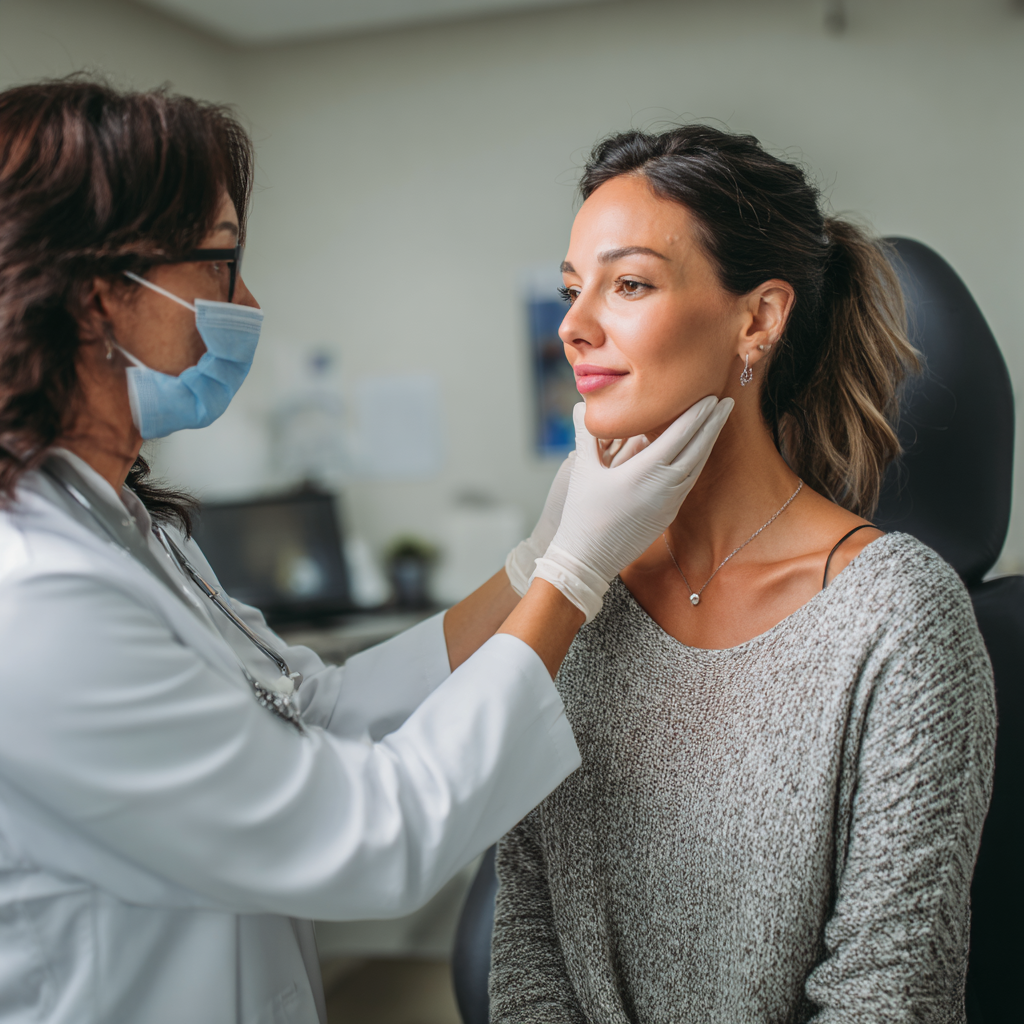
Definitive treatment of a basal cell carcinoma
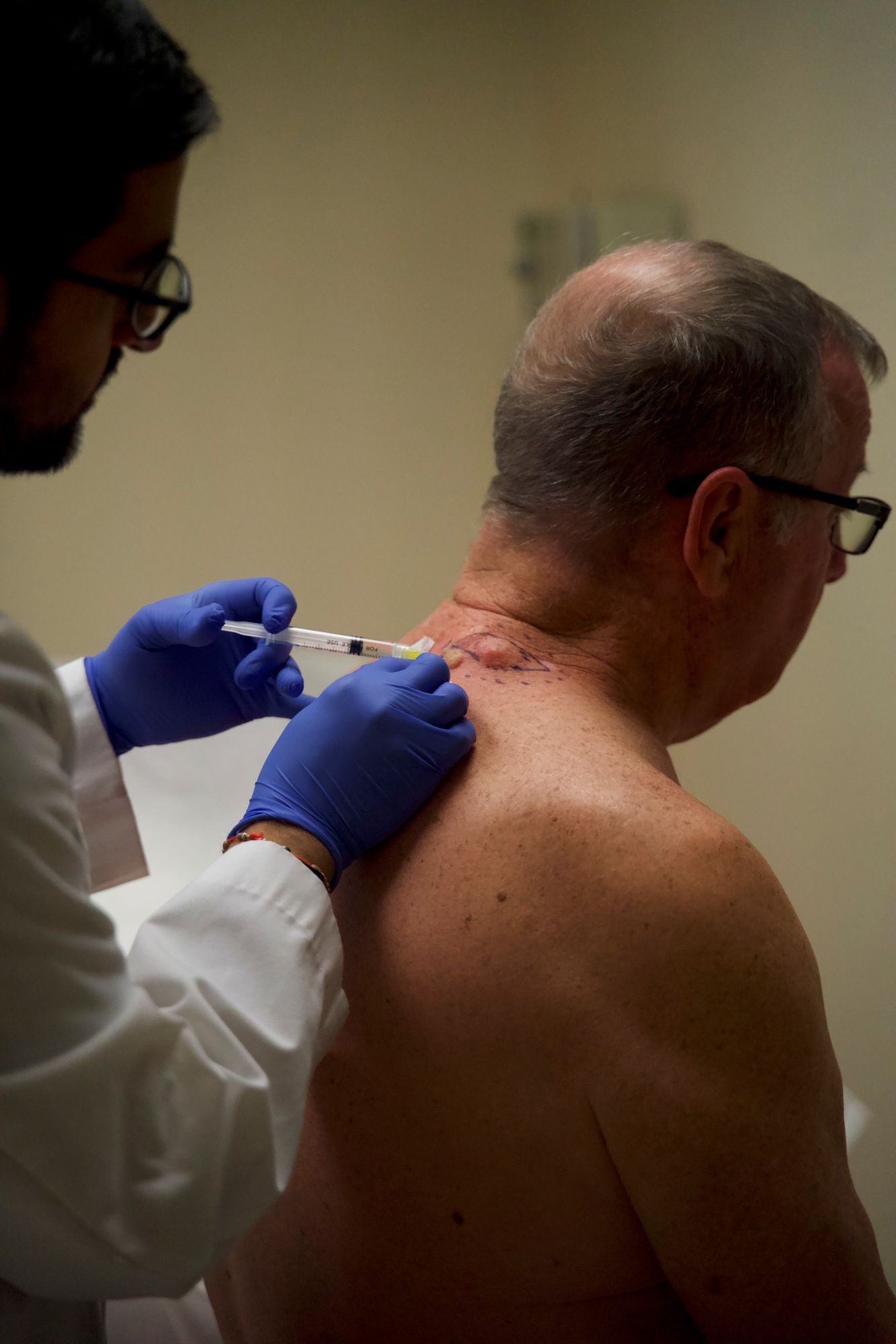
Surgical Excision: Removes the tumor with a measured margin; layered closure supports a fine scar.
Mohs Micrographic Surgery (MMS): For select facial and other sites, aggressive subtypes, or recurrent tumors; tissue is examined in stages to spare healthy skin and maximize cure.
ED&C (Curettage & Electrodesiccation): For selected low-risk lesions on non-cosmetic areas.
Topicals (Imiquimod, 5-FU): For superficial BCC in appropriate locations.
Photodynamic Therapy: An option for some superficial tumors.
Radiation Therapy: For patients who are not surgical candidates or for difficult locations.
Hedgehog Pathway Inhibitors: For rare, advanced cases when surgery/radiation aren’t feasible.
Wound Care After BCC Treatment
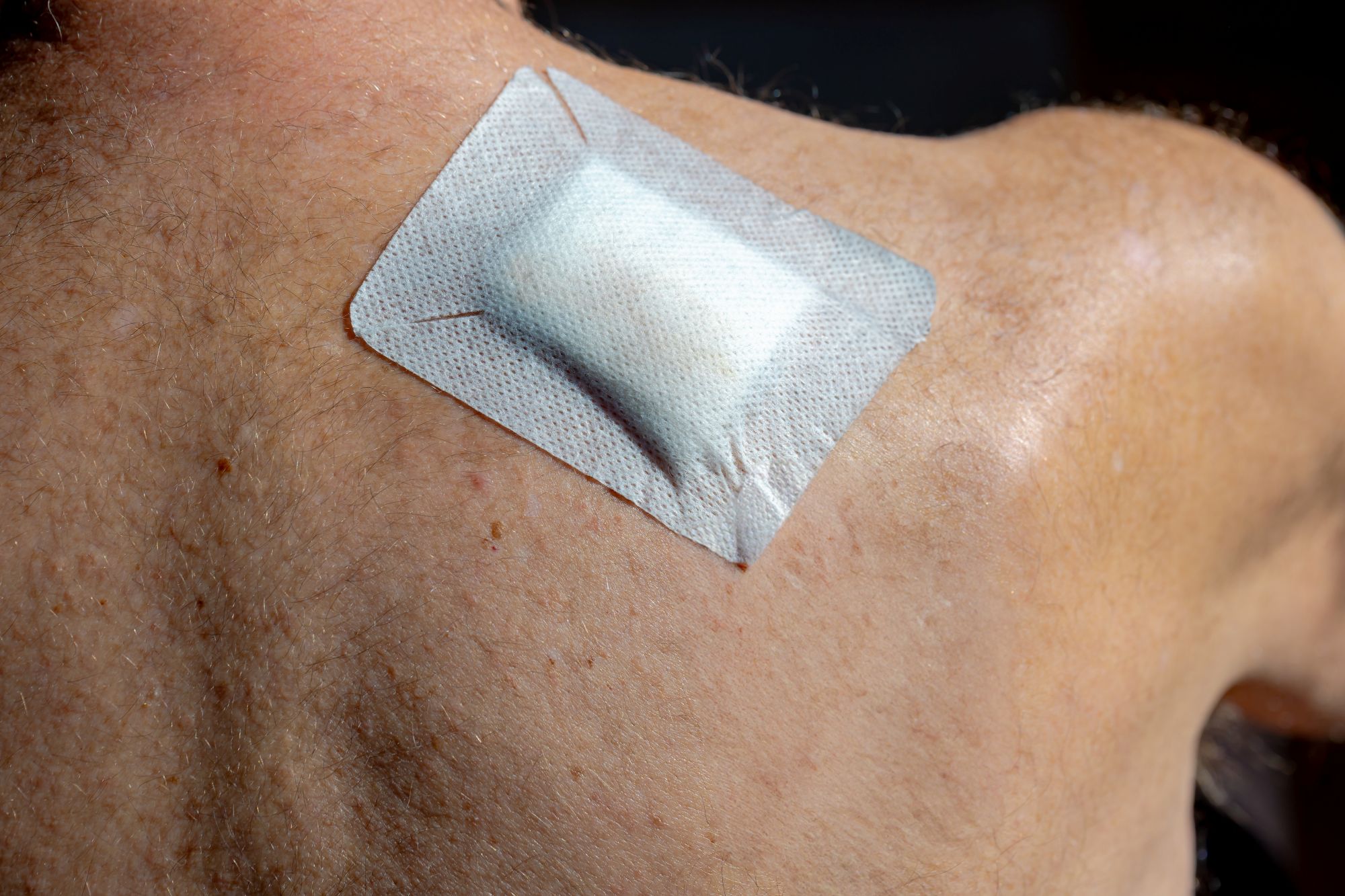
Simple Incision Care: Keep dressings clean and dry as directed; cleanse gently and apply recommended ointment. Mild soreness or tightness is common.
Stitches & Activity: Sutures typically come out in 5–14 days depending on location. Avoid stretching, heavy lifting, or activities that pull on the site until cleared.
Scar Optimization: We may discuss silicone, massage, and sun protection to support a smooth, discreet scar. For Mohs sites, we review tailored steps and expected milestones.
Our goal is comfortable healing with results that look and feel natural—backed by clear, written instructions.
Why Choose Aesthetic Dermatology Associates for
BCC Care?
Precision and Expertise
Advanced Techniques
From layered closures and reconstructive planning to digital photography and lesion mapping, we combine meticulous technique with thoughtful cosmetic strategy for every anatomic site.
Comprehensive Support
You’ll receive step-by-step guidance—from diagnosis to recovery—plus prevention coaching, rapid communication of pathology results, and a sensible follow-up schedule you can rely on.

What to Expect During and After Your Treatment
- 01. Pre-Treatment Preparation
- Bring a list of any changing or non-healing spots you’ve noticed and your medication history (including blood thinners). Avoid self-tanner and remove makeup over the area. Continue regular medicines unless we advise otherwise.
- 02. Treatment Visit
- We confirm the plan, review your options, and proceed—often in the same visit for low-risk lesions. Local anesthetic keeps you comfortable. For Mohs surgery, you’ll have staged tissue checks and reconstruction once margins are clear. We discuss care and expected recovery before you leave.
- 03. Post-Treatment Follow-Up
- You’ll get written wound-care instructions, suture removal timing, and scar-care tips. We schedule your skin checks and explain self-exam basics so you can spot new or changing areas early. Prevention steps—daily sunscreen, protective clothing, shade, and avoiding tanning beds—help reduce future cancers.

Common Questions About Basal Cell Carcinoma (BCC) Treatment
Find answers to common questions about recognition, accuracy, comfort, and timelines.
- What does basal cell carcinoma usually look like?
- Common signs include a pearly bump with visible blood vessels, a pink scaly patch, or a sore that crusts and reopens. Some look like a flat, scar-like area (morpheaform) and can be harder to notice. Any non-healing spot deserves evaluation.
- What increases my risk of basal cell carcinoma?
- Cumulative sun/UV exposure, fair skin or light eyes, a history of blistering sunburns, prior radiation, tanning bed use, older age, immunosuppression, and personal or family history of skin cancer all raise risk.
- How can I prevent future basal cell carcinoma?
- Use broad-spectrum sunscreen with SPF ≥ 30 daily, wear hats and UPF clothing, seek shade during peak UV, and avoid tanning beds. Perform monthly self-exams, note non-healing spots, and keep regular professional skin checks.
- What role does dermoscopy play?
- Dermoscopy reveals subsurface features—vascular patterns, translucency, and borders—improving diagnostic accuracy and helping us choose the best treatment with confidence.
Board-Certified Dermatologists
We Are Basal Cell Carcinoma Treatment Specialists
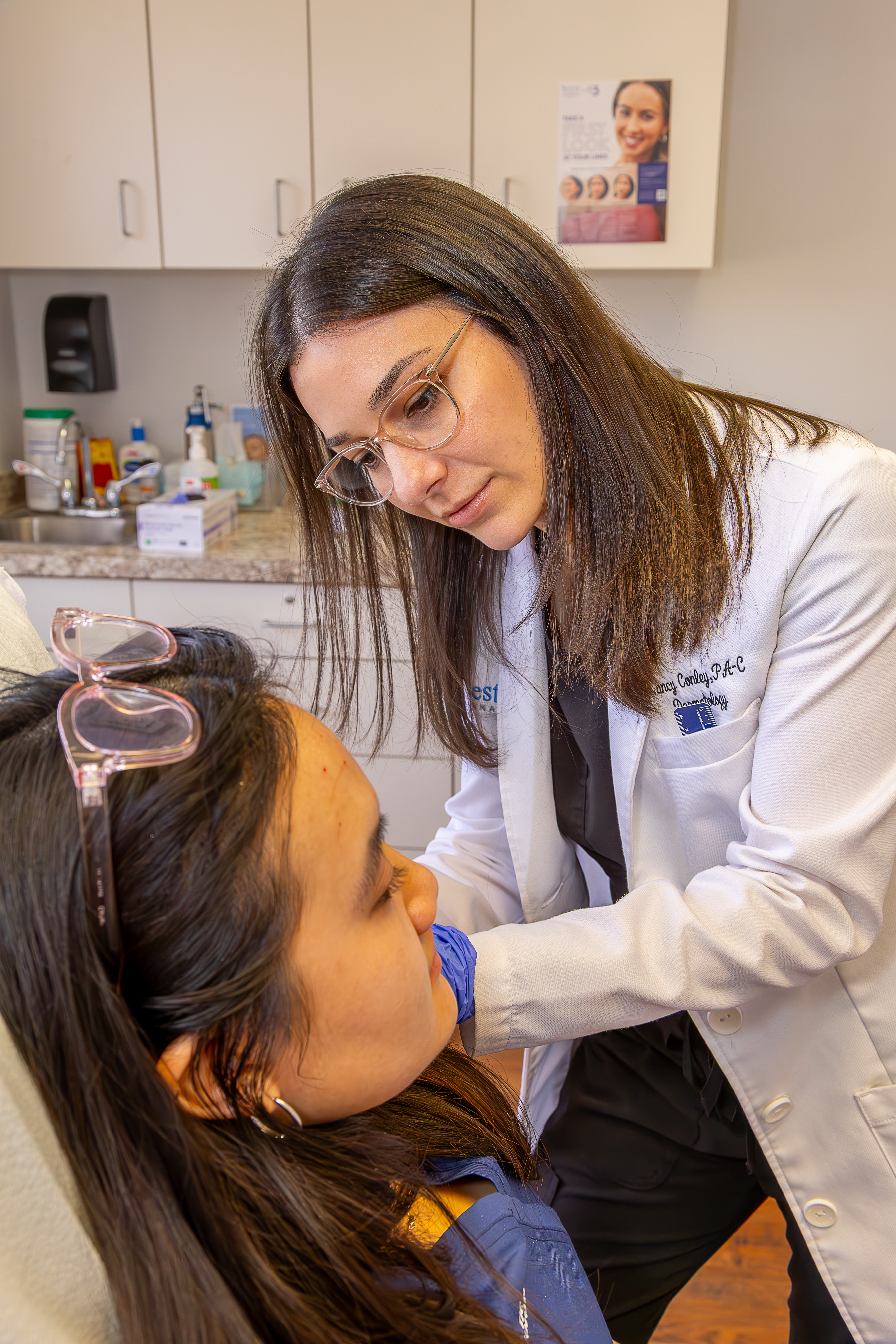
Highly Skilled Dermatologists
We pair careful dermoscopy, precise surgery (including Mohs when appropriate), and clear communication so you understand your choices and feel secure from the first visit through full recovery.
A Commitment to Patient Care
Your comfort, safety, and cosmetic outcome guide every decision. We provide realistic expectations, prompt results, and ongoing prevention support—so you can move forward knowing you’re in expert hands.
Take the First Step Toward Effective BCC Care
If you have a non-healing spot or you’re due for a skin exam, schedule a visit at Aesthetic Dermatology. We’ll evaluate thoroughly, treat decisively, and create a prevention plan that protects your skin for the long term.
Visit Our Locations
Media, PA
| Mon: | 7:30 am - 5:30 pm |
| Tue: | 8:00 am - 4:00 pm |
| Wed: | 7:30 am - 4:00 pm |
| Thu: | 7:30 am - 4:00 pm |
| Fri: | 7:30 am - 1:00 pm |
Paoli, PA
| Mon: | 8:00 AM - 4:30 PM |
| Tue: | 8:00 AM - 4:00 PM |
| Wed: | 8:00 AM - 5:30 PM |
| Thu: | 8:00 AM - 4:30 PM |
| Fri: | 8:00 AM - 5:00 PM |
Stay Informed with our Newsletter

Book Your Appointment Today!
Choose the option that works best for you:
Prefer to speak with someone? Call or text us:

Media, PA Office - Call or Text (610) 566-7300

Paoli, PA Office - Call or Text (610) 647-4161
Want to book online now? Select a provider below:
Note: Self-scheduling is currently available for Dr. Ko & Bridget Lolli. For all other providers, please call or text the office.